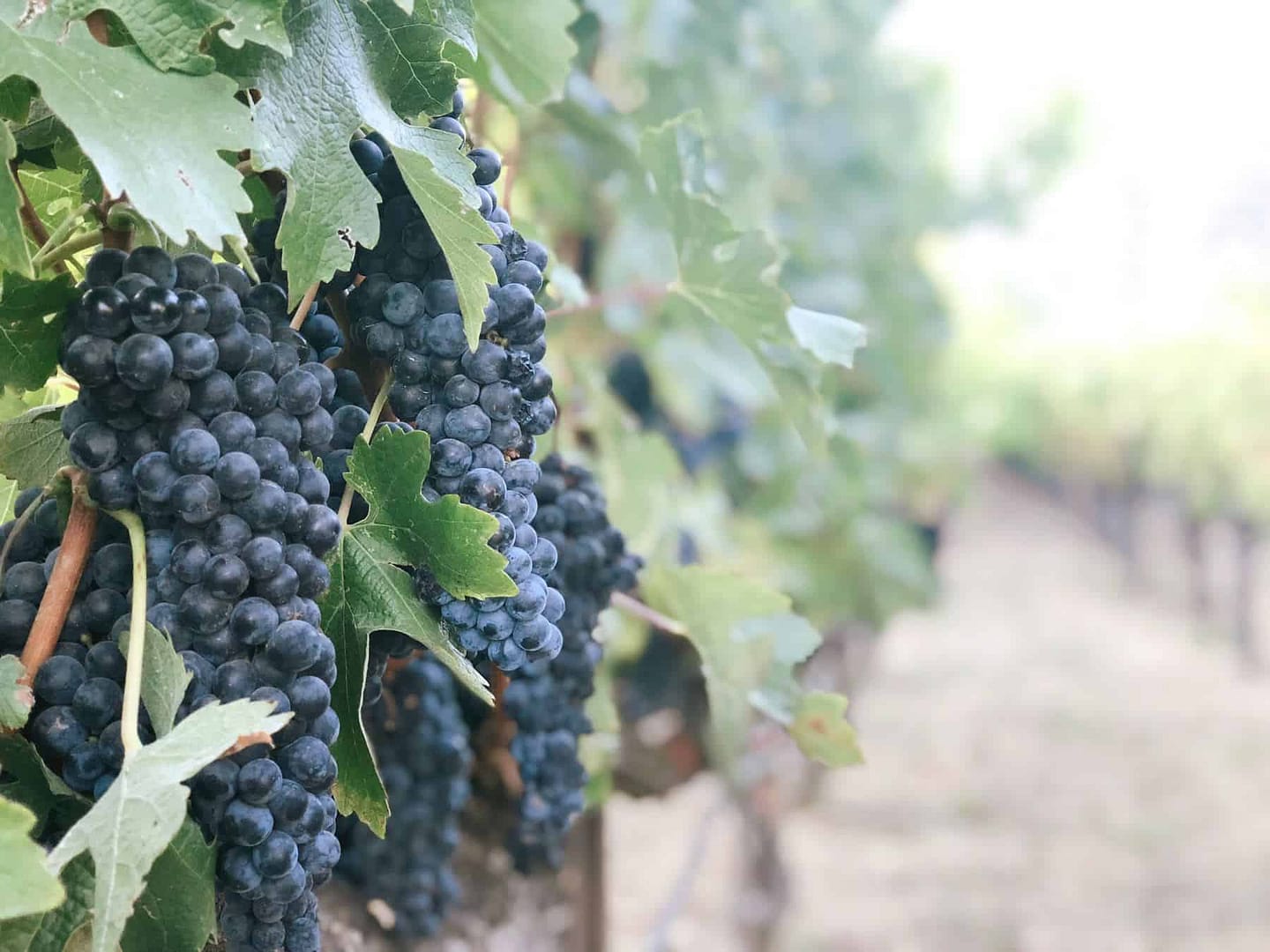If you think about the top modern day conveniences that ease your daily life, you might think about your cell phone or the internet, or maybe even electricity or potable water. How about your mode of transportation or modern day plumbing? In our country, we live in a time when a majority of people have access to so many modern conveniences that make our lives more efficient.
How long would it take you to list food or shelter as a convenience of modern day life? Probably longer than most are willing to admit. There are a variety of reasons for this, but one is that we live in a time and location where grocery store shelves are rarely empty. Another reason might be that Census data shows that less than two percent of people in the United States are farmers, ranchers, or fishers. Stop and think about how nearly every aspect of our life would drastically change if we were in charge of producing food and shelter for ourselves.
In Oregon, farmers, ranchers, fishers, and foresters grow products that enable all of us to spend our time doing whatever else it is that we do other than growing food or timber to keep our families fed and sheltered. In addition to this, the natural resources industry has a big impact on our state’s economy. Nearly one in seven jobs in Oregon is related to our agriculture industry. It is an industry that contributes more than $50 billion to Oregon’s economy.
We grow more of many crops than our own residents can consume. For example, our wheat farmers grow more than 48 million bushels annually. That’s 11.7 bushels for every single Oregonian. To put that in digestible terms, that’s the equivalent of 18,544 chocolate chip cookies annually or 50 cookies a day for every resident in our state. Where does the surplus of these crops go? It’s exported to countries all over the world bringing more than $1.8 billion to our state.
Oregon’s natural resource industry is not only economically and socially beneficial to the residents of our state and beyond, but also provides a multitude of environmental benefits such as clean air and water, land conservation, habitat preservation, and much more. Every year Oregon producers face challenges including labor shortages, water, succession, land use, technology, and regulation. And every year they continue to whether the storms, doing more with less.
Many modern conveniences made possible by the simple fact that someone is growing food for the rest of us to do what we do – for engineers to build cell phones, or for electricians to keep us connected to the grid, or for scientists to ensure our water supplies are clean. As a society we each get to specialize in something because farmers, ranchers, fishers, and foresters specialize in the art of food and shelter. On this National Ag Day, I urge you to learn more about the incredible natural resource industry in our state – the success of our family farms, ranches, fisheries, and forests depend on it.
Mallory Phelan is the Executive Director of Oregon Aglink, a nonprofit dedicated to growing agriculture in Oregon through education and promotion.


